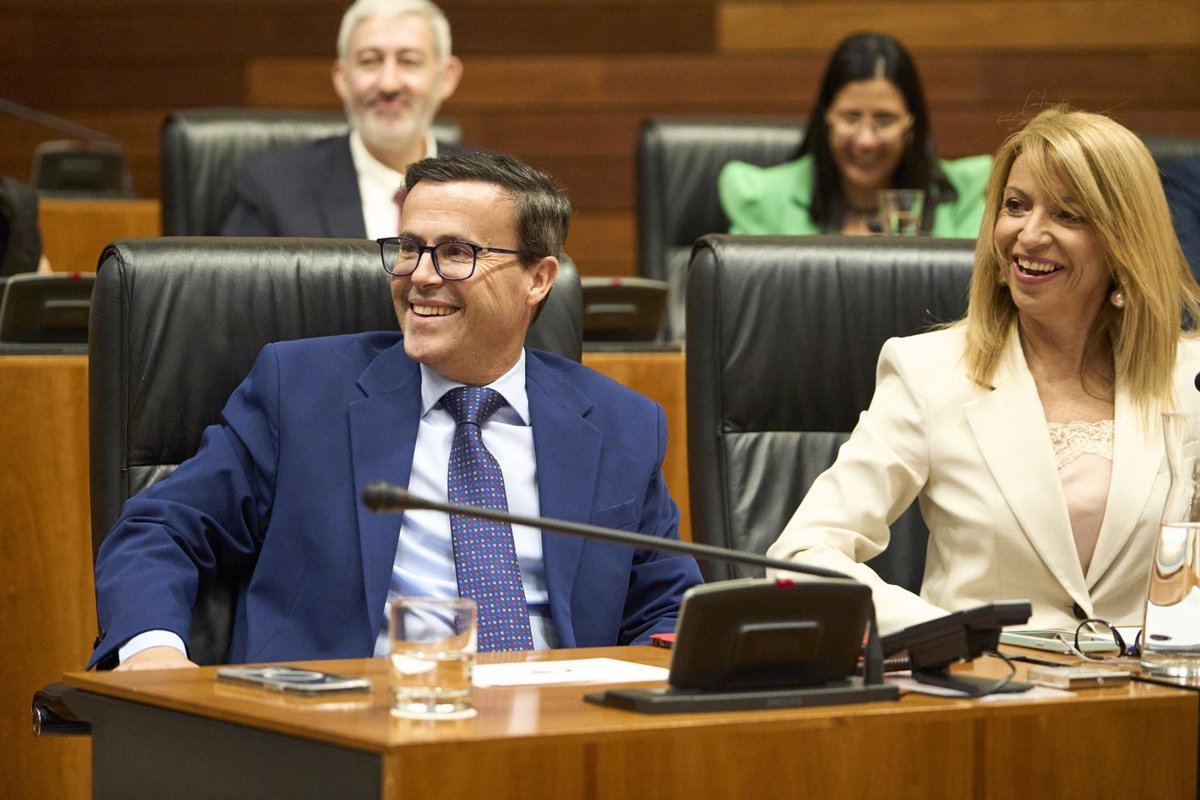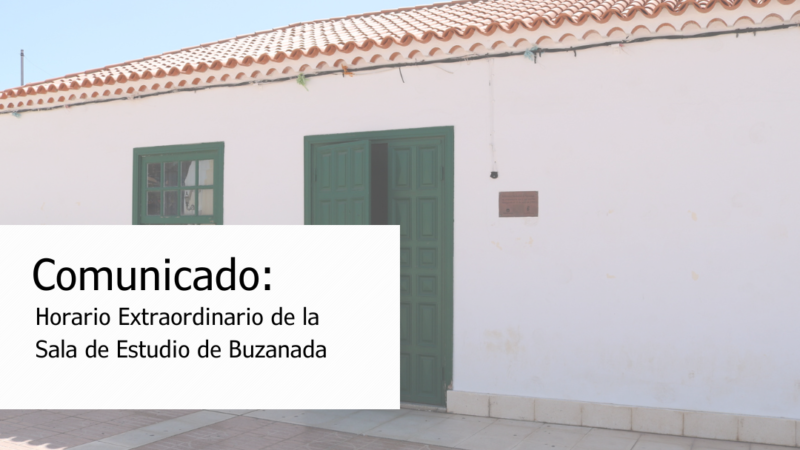The debate on parliamentary immunity has come to light following the actions of the leader of the PSOE in Extremadura.
Cantabria, Murcia, Canarias, Baleares, La Rioja, and Aragón have already removed parliamentary immunity from their Autonomy Statutes for their regional deputies and government members, allowing them to be judged by regular courts. This debate has recently gained attention due to the actions of the leader of the PSOE in Extremadura, Miguel Ángel Gallardo, who became a regional deputy while facing judicial proceedings.
In any case, these six autonomous modifications occurred before the promised 2018 Constitutional reform by the President of the Government, Pedro Sánchez, to eliminate parliamentary immunity at a national level, which remains pending.
The latest community to join was Aragón, after the Cortes definitively approved the reform of its Statute at the end of 2022, eliminating parliamentary immunity for regional government members and regional deputies, among other changes.
Earlier, in mid-2021, the Congress and the Senate supported the reform of the Autonomy Statute of La Rioja, which eliminates parliamentary immunity and limits the president to two terms, among other measures.
Also in 2021, Cantabria and Murcia implemented reforms to their respective Autonomy Statutes to end legal privileges, with virtually unanimous support from the Parliament.
A PATH STARTED BY CANARIAS
Canarias was the first autonomous community to complete the parliamentary processes to effectively implement the reform of its fundamental text to eliminate parliamentary immunity, which became effective in the regional elections held in May 2019.
Subsequently, Murcia also obtained approval from the Cortes for the modification of articles 25 and 33 of its autonomous norm, ensuring that regional deputies and the Government Council remain protected in terms of their freedom of parliamentary and political expression, but are not exempt from regular jurisdiction for matters that directly involve them in judicial proceedings outside of their normal parliamentary duties.
SÁNCHEZ’S PROMISE
An event convened to review the first 100 days of Government after the vote of no confidence in September 2018 was chosen by Pedro Sánchez to announce his intention to limit parliamentary immunity for parliamentarians. The Government’s proposal suggested that deputies and senators would be judged by regular courts and not just by the Supreme Court.
At that time, Sánchez stated that he would propose a Constitutional reform to the Parliament to eliminate this privilege within a demanding timeframe: 60 days after the start of the process in the Chambers.
As he stated over six years ago, the purpose of the measure was for citizens to regain trust in politics, as he believed it should be a «common challenge» for all political parties.
Following this announcement by the President, the debate on parliamentary immunity for politicians gained prominence, although that initiative has been shelved.







